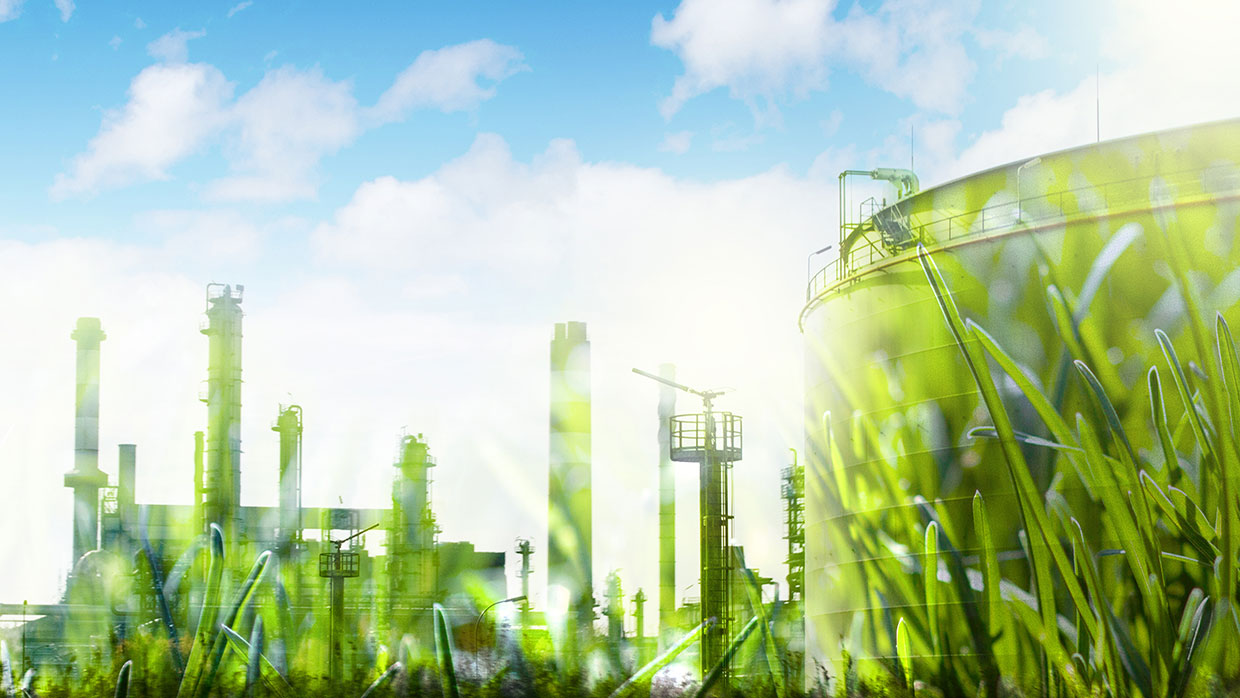A research team led by Jay Keasling, Senior Faculty Scientist in the Biological Systems and Engineering Division and CEO of the Joint BioEnergy Institute (JBEI), has engineered bacteria to produce new-to-nature carbon products that could provide a powerful route to sustainable biochemicals.
The advance—which was recently announced in the journal Nature—uses bacteria to combine natural enzymatic reactions with a new-to-nature reaction called the “carbene transfer reaction.” This work could also one day help reduce industrial emissions because it offers sustainable alternatives to chemical manufacturing processes that typically rely on fossil fuels.
“What we showed in this paper is that we can synthesize everything in this reaction—from natural enzymes to carbenes—inside the bacterial cell. All you need to add is sugar and the cells do the rest,” said Keasling.
Carbenes are highly reactive carbon-based chemicals that can be used in many different types of reactions. For decades, scientists have wanted to use carbene reactions in the manufacturing of fuels and chemicals, and in drug discovery and synthesis.
But these carbene processes could only be carried out in small batches via test tubes and required expensive chemical substances to drive the reaction.
In the new study, the researchers replaced expensive chemical reactants with natural products that can be produced by an engineered strain of the bacteria Streptomyces. Because the bacteria use sugar to produce chemical products through cellular metabolism, “this work enables us to perform the carbene chemistry without toxic solvents or toxic gases typically used in chemical synthesis,” said first author Jing Huang, a Berkeley Lab postdoctoral researcher in the Keasling Lab. “This biological process is much more environmentally friendly than the way chemicals are synthesized today,” Huang said.




